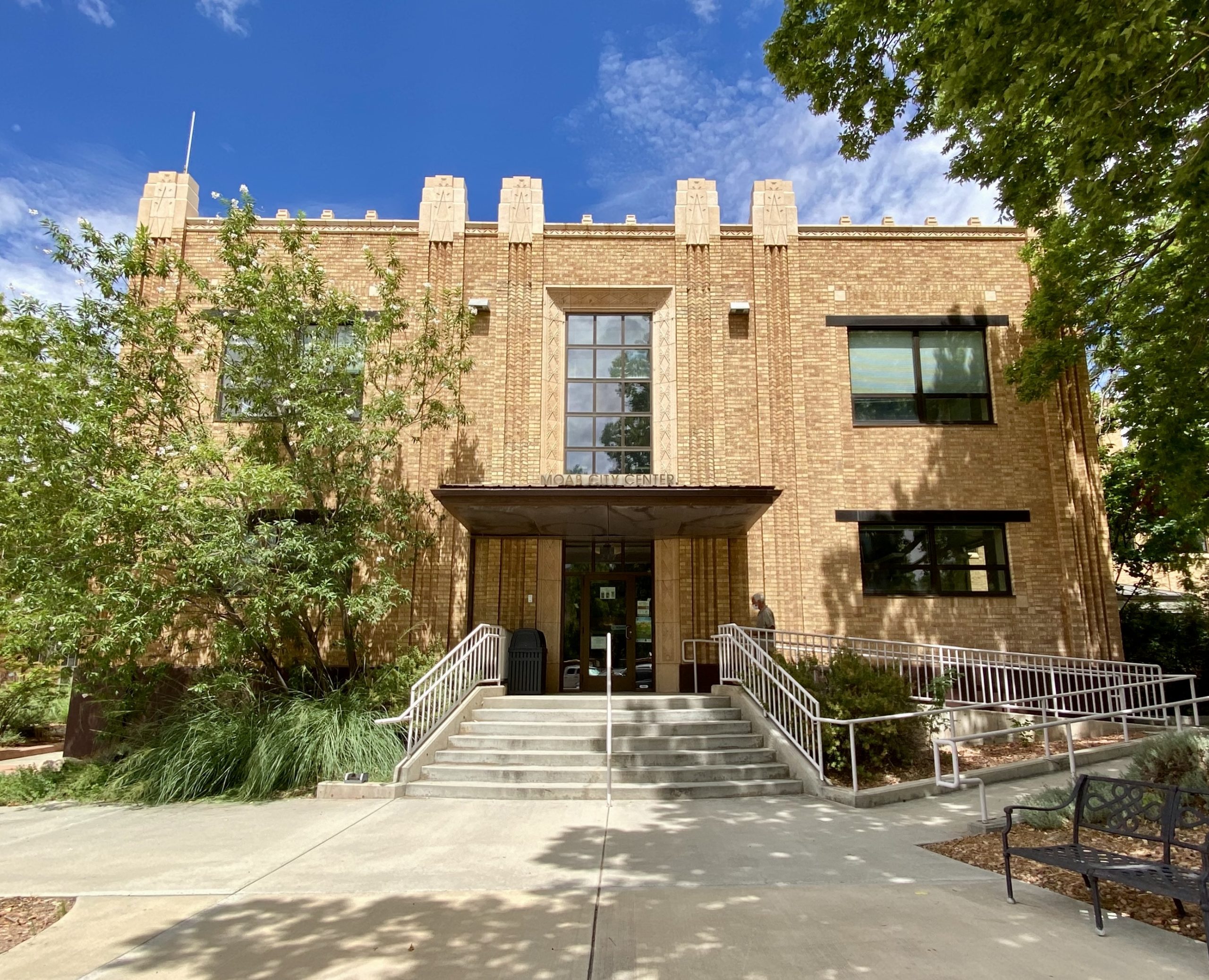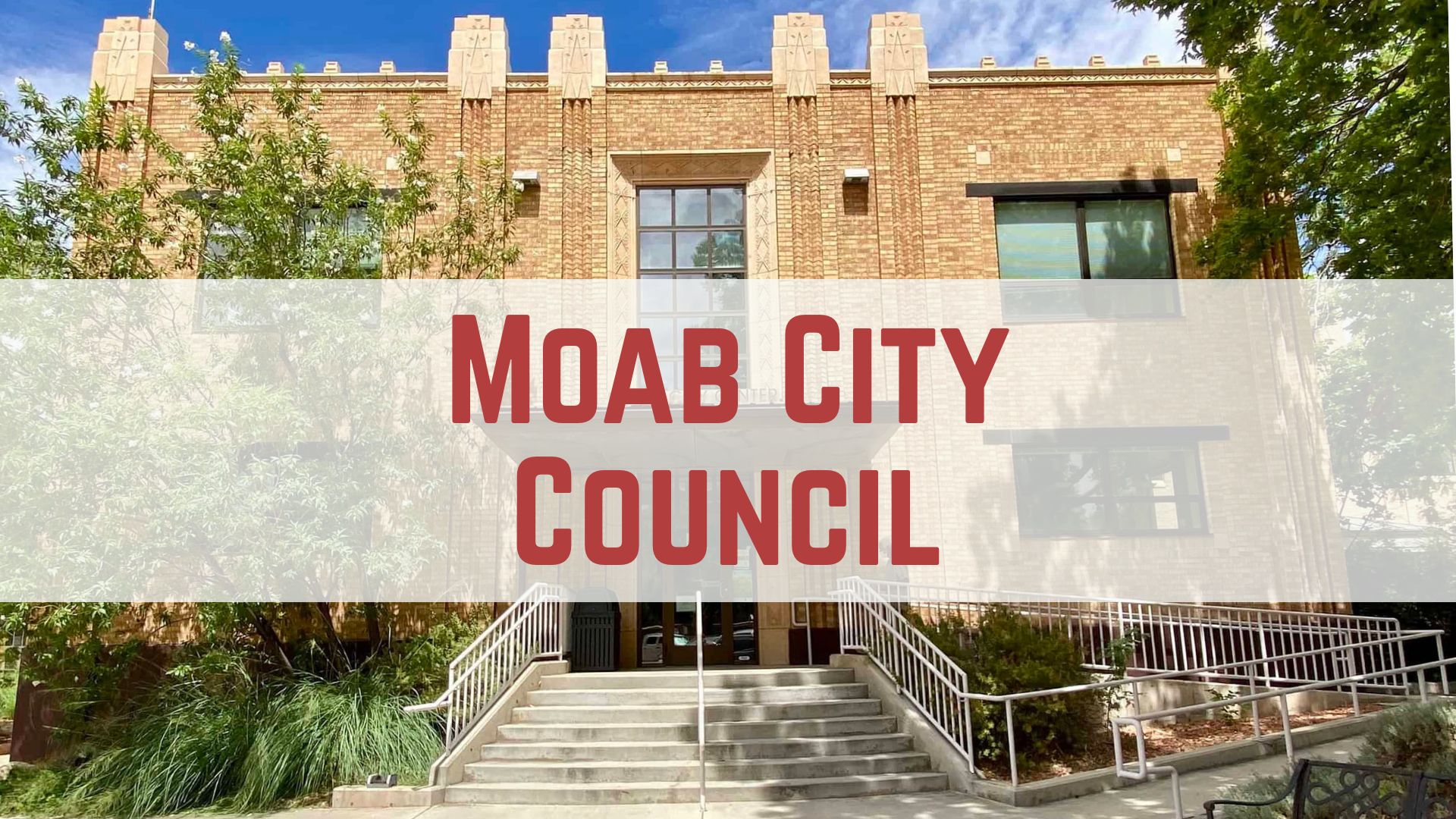Some information may be outdated.
Between July to September of this year, Nathaniel Clark, the city’s victim assistance unit manager, said he served 73 victims of crime.
The victims had been affected by around ninety instances of criminal activity, meaning some were affected more than once, and half were victims of domestic violence. 15 of those instances were physical assaults, and another 15 were stalking or harassment cases. Some of the victims were tourists, but not a lot: most visitors will wait until they’re back home to report a crime, he said.
During a city council meeting on Tuesday, Oct. 25, Clark gave the council a rundown of his work. Clark has been working in the victim assistance unit since February; his position is funded by a grant through the Federal Victims of Crime Act.
In his role, Clark works closely with city and county law enforcement as a victim advocate: He responds to crime scenes along with law enforcement, and also works with detectives in their investigations into long-term crimes such as domestic violence.
“What I’m doing is getting people over that initial traumatic experience, and getting them sort of packaged up so they can start to move forward,” Clark said. He also helps victims find help with other organizations in the county, pointing clients to Seekhaven Family Crisis & Resource Center, the Moab Valley Multicultural Center, and Moab Solutions.
“Without those partners, none of this would work,” Clark said. “The police department, in an investigations capacity, has a pretty narrow scope in how we interact with victims of crime. I can provide the initial crime scene response, but then it really falls on the community partners to be able to support people in the long term.”
Councilmember Luke Wojciechowski, who formerly worked for Seekhaven, emphasized that Clark’s position makes Clark a systems-based advocate, rather than a community-based advocate, like Seekhaven: there’s a difference in confidentiality. Seekhaven’s client confidentiality is “pretty absolute,” Wojciechowski said; Clark works for and with law enforcement agencies.
“That’s not to say that I have to report every conversation that I have,” Clark said. “But when that confidentiality comes up for me is when people share things that are significant to an investigation: I’m obligated to share that with law enforcement investigators or prosecutors.”
“Nathaniel is not a supplement for Seekhaven or social workers or anyone like that,” said City Manager Carly Castle. “He helps victims navigate the [justice] system, and he’s a soft space for people to land when they’re going through a really difficult time in their lives.”
One of the main challenges Clark faces is working with people who become tired of or critical of the justice system—the prosecution process can sometimes take months. Clark said he tries to keep in touch with long-term victims and make sure they have support, but it does happen that sometimes people will refuse to work with law enforcement, which can hinder an investigation.
In another challenging aspect of the job, Clark also spends a lot of time on-call—call time ranges dramatically, he said. He works with some people for less than a few hours, while others he works with repeatedly; the longest call he’s been on was 22 hours. Clark gets every other weekend off, meaning he’s only not on-call four days per month.
“The burden is huge—it really is immense,” he said. “It’s way more than I can realistically handle on my own, and I found over the course of the summer that I slip a little bit behind every day, to be perfectly honest.”
Those things that slip through the cracks can exacerbate the issue of victims not trusting law enforcement, Clark said—sometimes, he simply doesn’t have enough time to give people the immense amount of support they need.
“That’s really hard,” he said. “But it’s the reality of the situation.”
Clark said hiring a second position within the victim assistance department would be helpful, even just someone to work on the administrative side. Mayor Joette Langianese said the city does have a part-time position in the department in its budget, and asked the council to think about what sort of position they’d like to hire.
“You’re doing a fabulous job,” she said to Clark, “and we’re so grateful to have you. I hear only positive things from the community about having you out there.”
Appreciate the coverage? Help keep local news alive.
Chip in to support the Moab Sun News.





